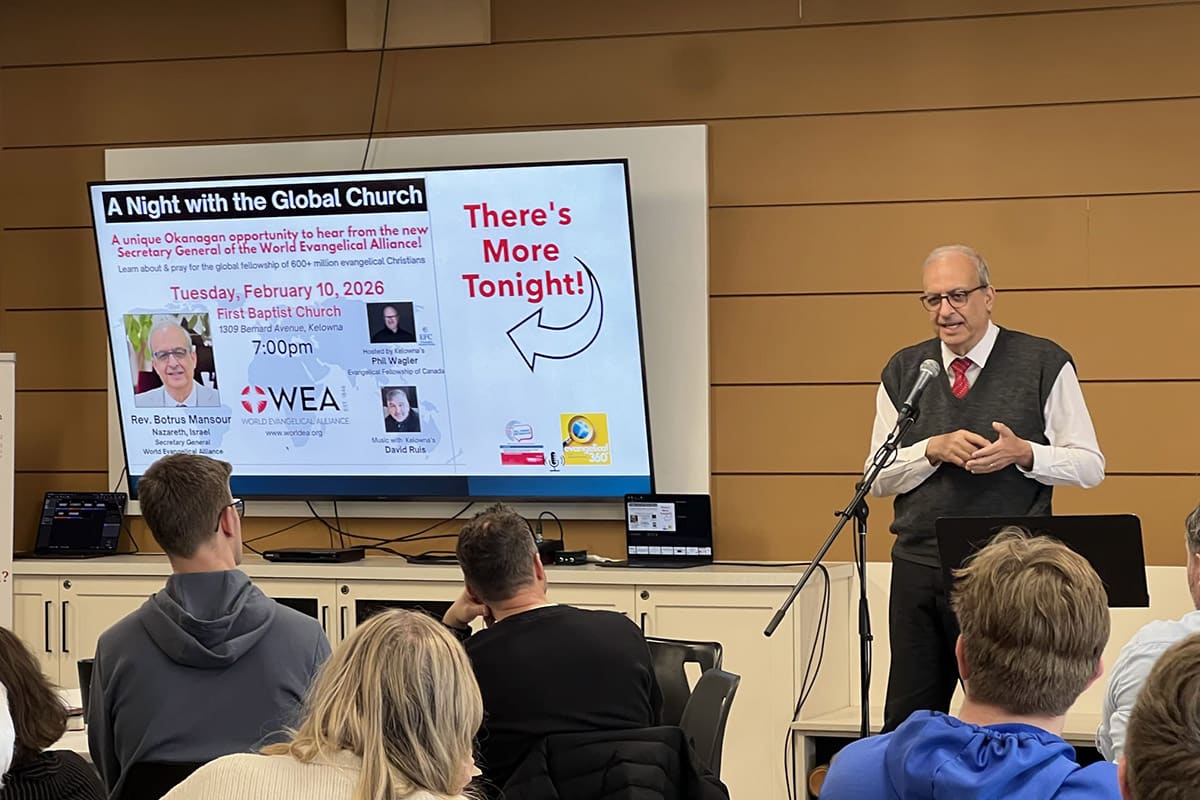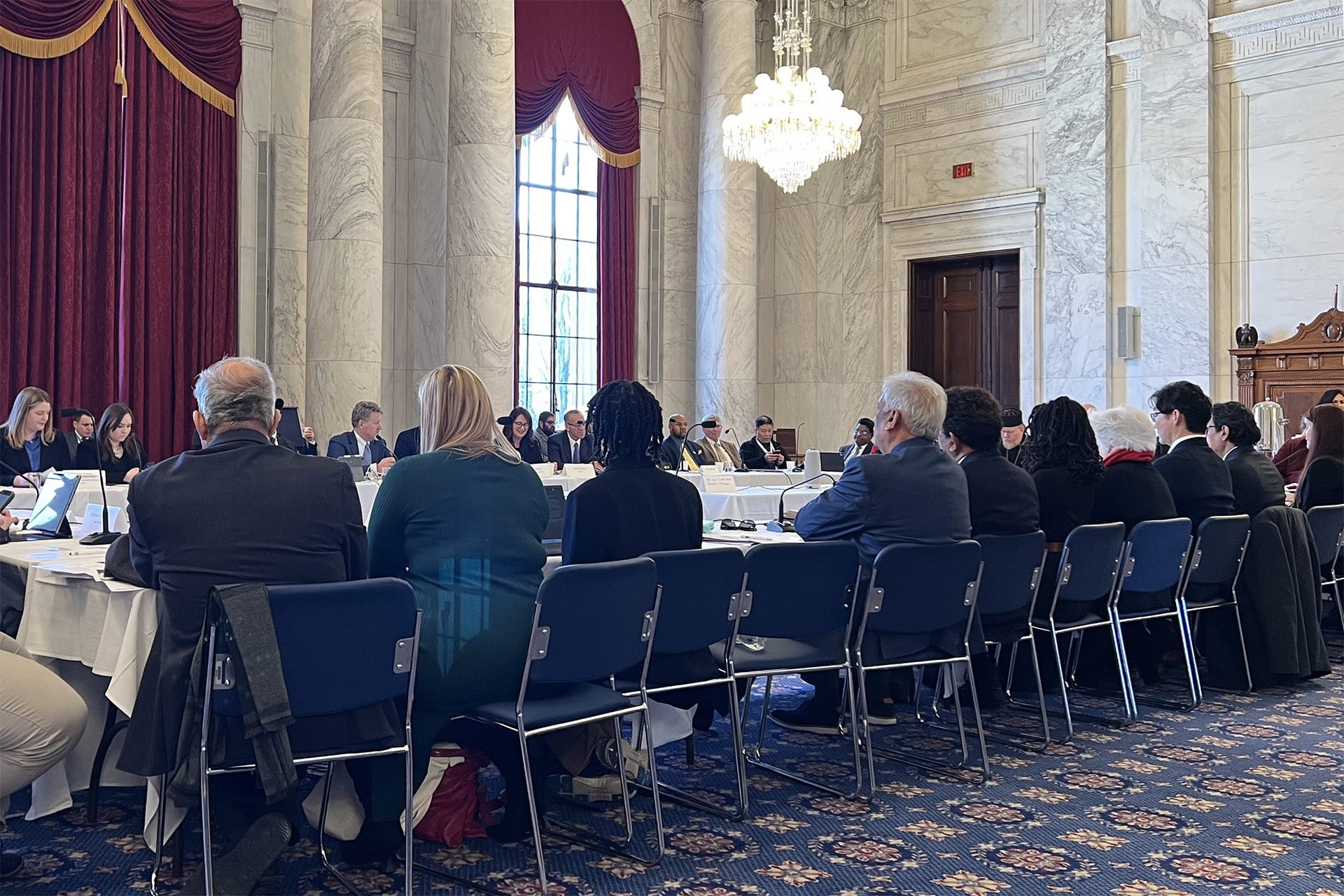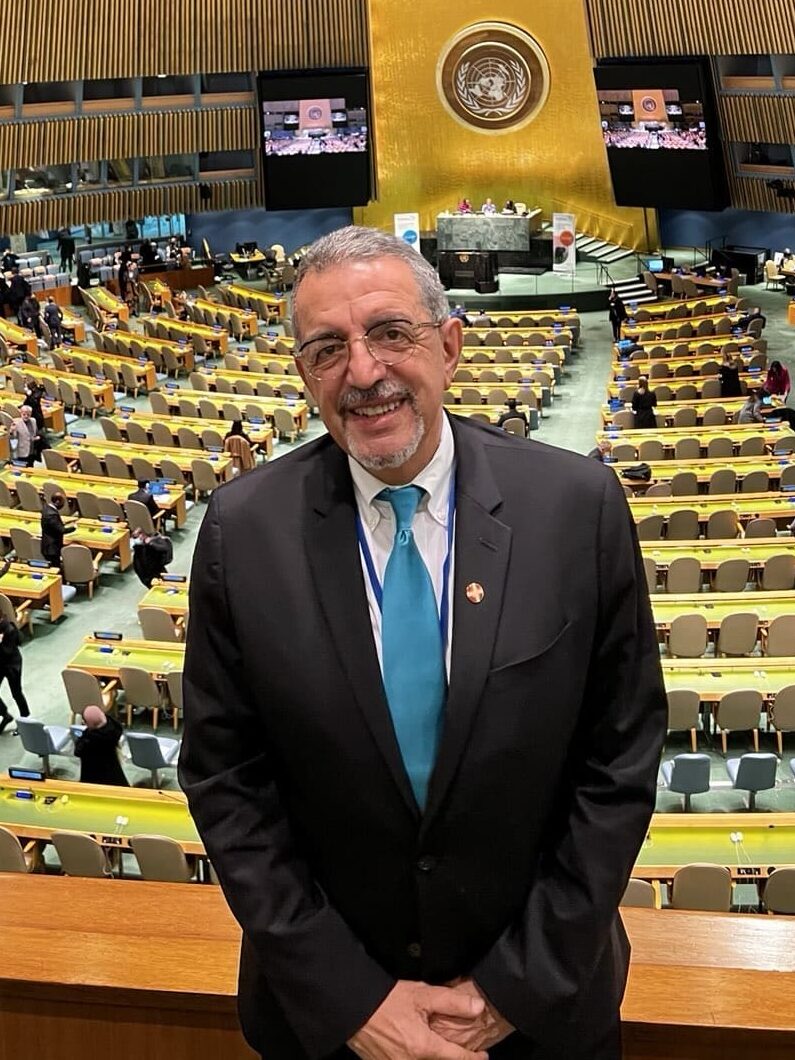The World Evangelical Alliance (WEA) just published the nine proposals for action that Secretary General Bishop Dr. Thomas Schirrmacher presented virtually at the 5th Faith-Based Investment Conference of the Geneva Agape Foundation held earlier this year. The conference was co-hosted by FaithInvest, the World Council of Churches and the World Evangelical Alliance’s Business Coalition, and highlighted the role of faith leaders in shaping global finance and economy.
“The world’s major faiths, especially the Christian traditions, have a vital role to play in changing the way in which assets generally and investment in particular can play a role in creating a more just and sustainable world,” states Rev. Timo Plutschinski, Director of the WEA Business Coalition.
The proposals for action are included below.
***
There is a role for faith leaders
in shaping global finance and the economy
9 Proposals for action
By Thomas Schirrmacher
The following proposals are offered as the potential foundations for a joint Christian traditions program of systematic development of the use of our assets for the greater glory of God and life on earth:
1. If we as religious leaders and faith organizations fail to speak about finance and the economy, we are ignoring an important part of human life and reality and such ignoring means we fail to influence major decision makers.
2. Finance and the economy are so powerful and so interwoven with politics, science, and even religion that not addressing these areas actually means not fully or properly addressing politics, science, or religion at all.
3. How can one speak up on hunger, creation care, children’s, and women’s rights, or any of the 17 United Nations sustainability goals (SGs) if one leaves finance out?
4. There are global actors in the financial and economic realm who, by themselves, are larger and more powerful than most national governments.
5. Leaders in the financial world often look to religious leaders for ethical, moral, and spiritual guidance, and we should be equipped to provide it. Many of our adherents ask for similar guidance, as everyone has some financial-related concerns, regardless of whether their net worth is very large or very small.
6. Global religions and their leaders can often speak independently and across national borders and politics and are thus able to interact effectively with global finance actors.
7. Religious leaders do not need to run for election, and, in many cases, their jobs and financial support are not directly dependent on their popularity. Thus, they can more easily speak up without being punished or threatened with loss of their positions. If they do not speak up on important issues in finance and the economy, who else should do it – and what a betrayal of having such vital roles on behalf of our communities?
8. Religious leaders and faith actors can be misguided or even act immorally, but for the most part, they have the integrity and the moral-spiritual framework to live in a way that models how they believe all of society should live including g the area of finance.
9. The Christian belief that salvation and personal spiritual renewal can overcome corruption (i.e., the misuse of power for private gain) is a theological concept with far-reaching consequences for finance and the economy, as it recognizes the problems of greed and envy and also recognizes that the solution to these problems lies in people’s hearts, not just in how a government is structured.





Stay Connected